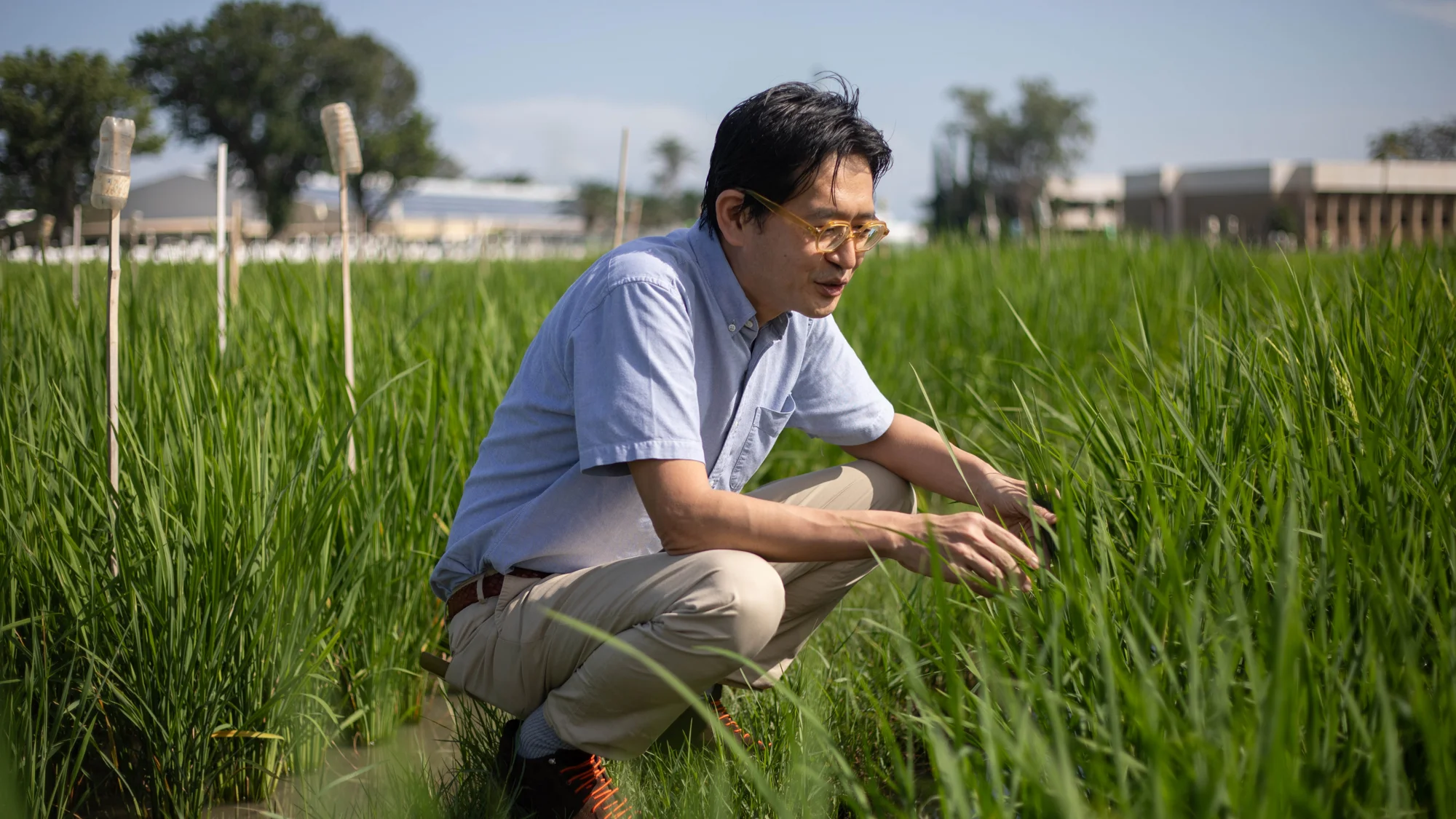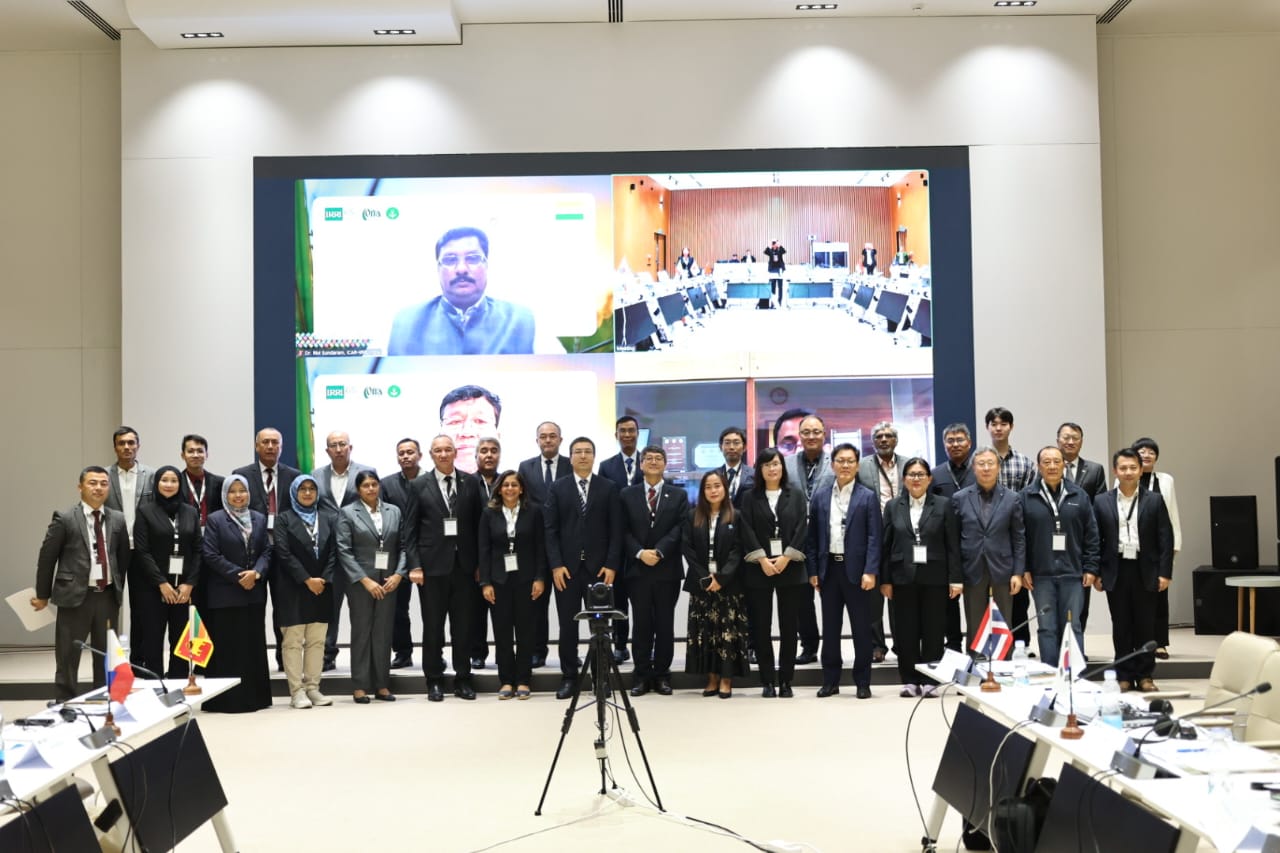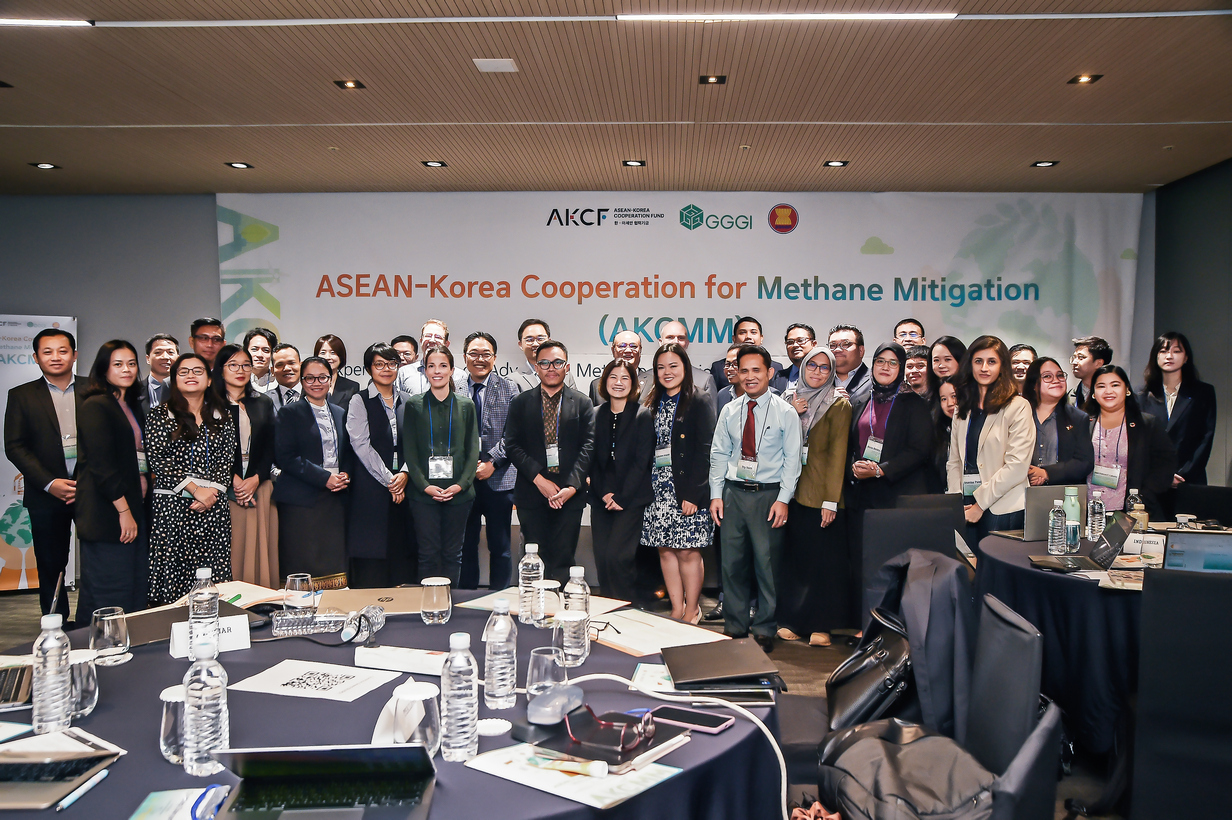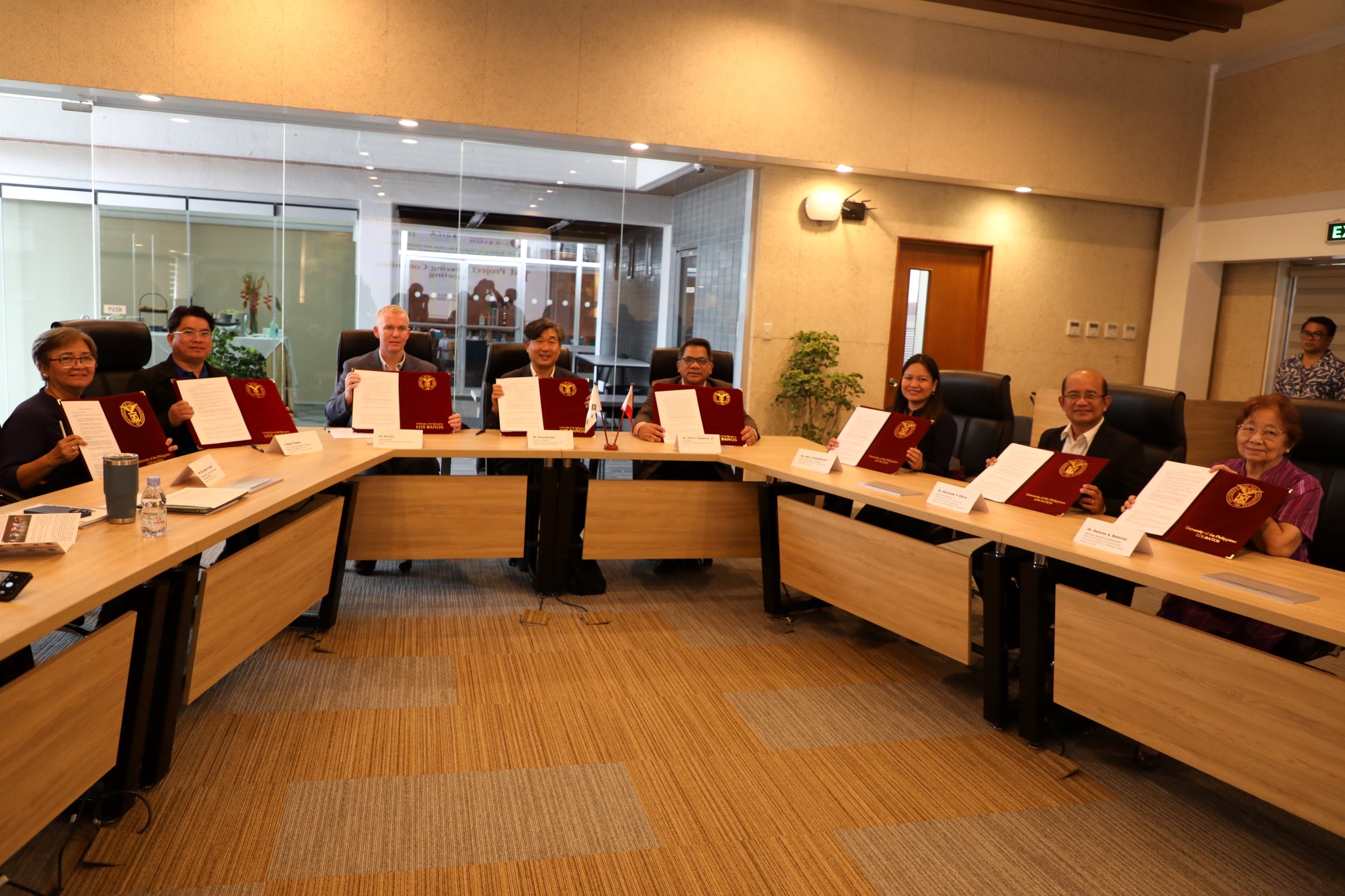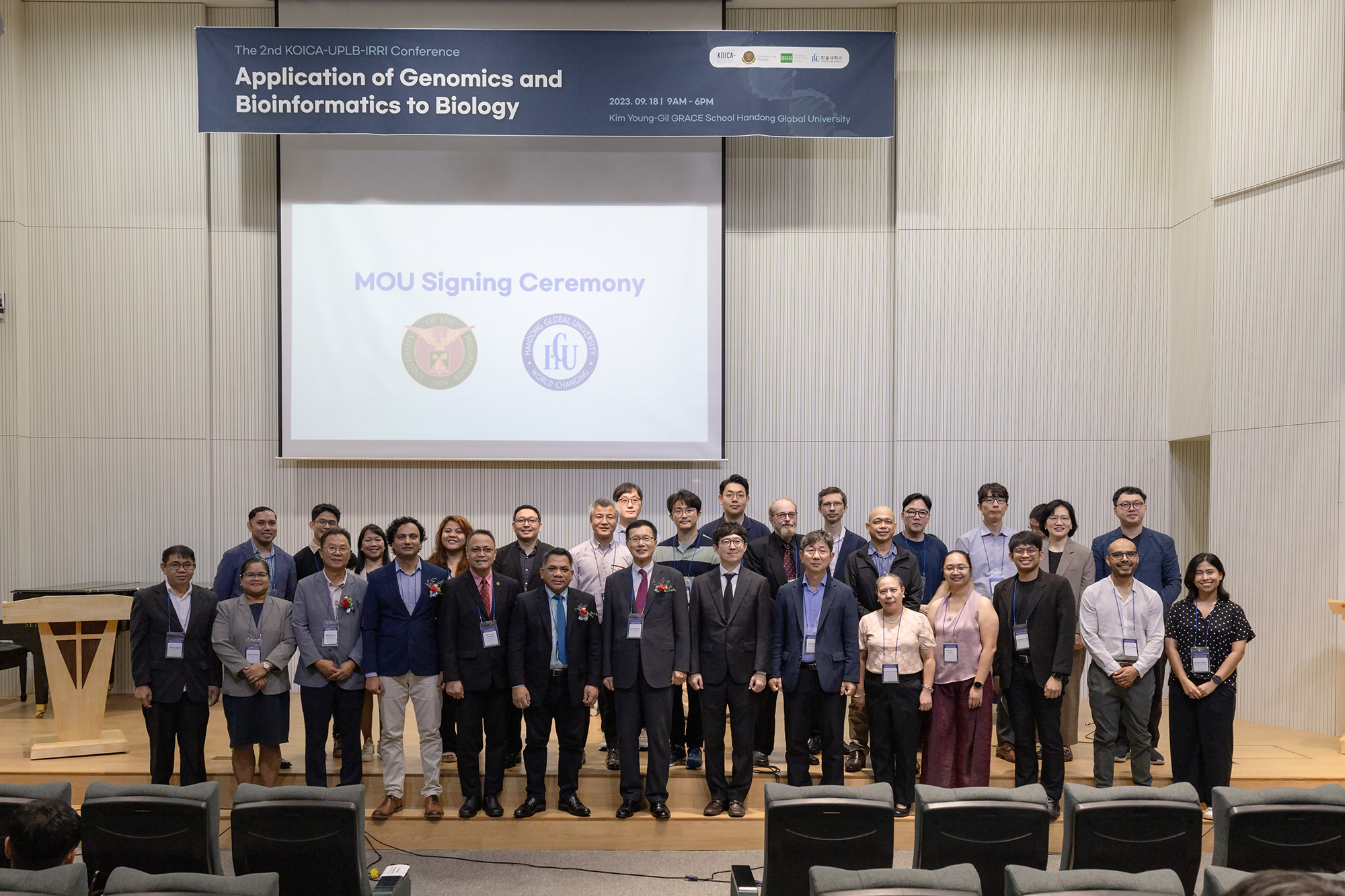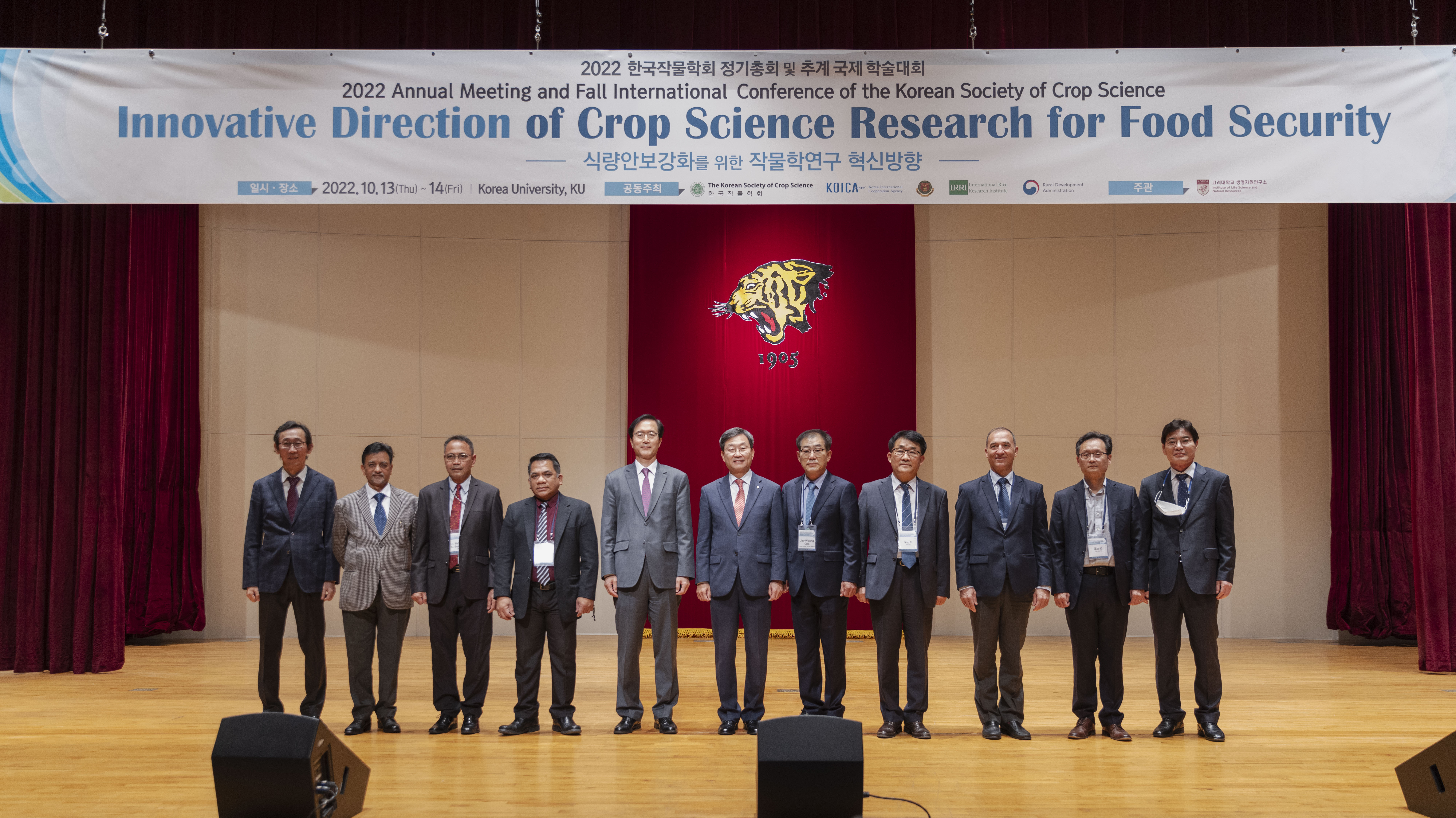Overview
Once heavily reliant on rice imports, South Korea has transformed into a rice self-sufficient country by cultivating high-yielding varieties and adopting innovative technologies during the Green Revolution. Its collaborations with IRRI began in the 1960s, laying the groundwork for the historic development of Tongil rice, a high-yielding and blast-resistant variety, which played a crucial role in self-sufficiency.
By 2024, the production of milled rice reached 3.5 million metric tons, reflecting a 3.2 percent decline from the previous year due to climatic pressures, as well as increased pests and diseases. Additionally, the area of land dedicated to rice cultivation decreased to 698,000 hectares (USDA, 2024). While rice continues to be a staple in the Korean diet, domestic consumption fell to nearly 4 million metric tons. However, the increasing popularity of manufactured rice products has partially mitigated this decline, indicating a shift in consumer preferences regarding rice consumption.
Currently, IRRI and South Korea are collaborating to breed high-quality and climate-smart Indica rice varieties that meet changing market demands. IRRI also partners with South Korea to enhance rice research networks across temperate regions, promoting knowledge exchange about production challenges and solutions, particularly for temperate or Japonica rice.
With the contributions of the Government of Korea, IRRI also extends the impact of rice research by disseminating relevant information, advancing agricultural technology transfer systems, and building local capacity to support innovation in the agro-industry in developing counties.

Il-Ryong Choi
IRRI Country Representative for South Korea
Office Address
IRRI-KOREA Office (IKO)
Mail: c/o National Institute of Crop Science, RDA
181 Hyeoksin-ro Iseo-myeon Wanju-gun Jeollabuk-do 55365
Republic of Korea
Phone Number: +82 63 238 5498
Fax: +82 63 238 5499
